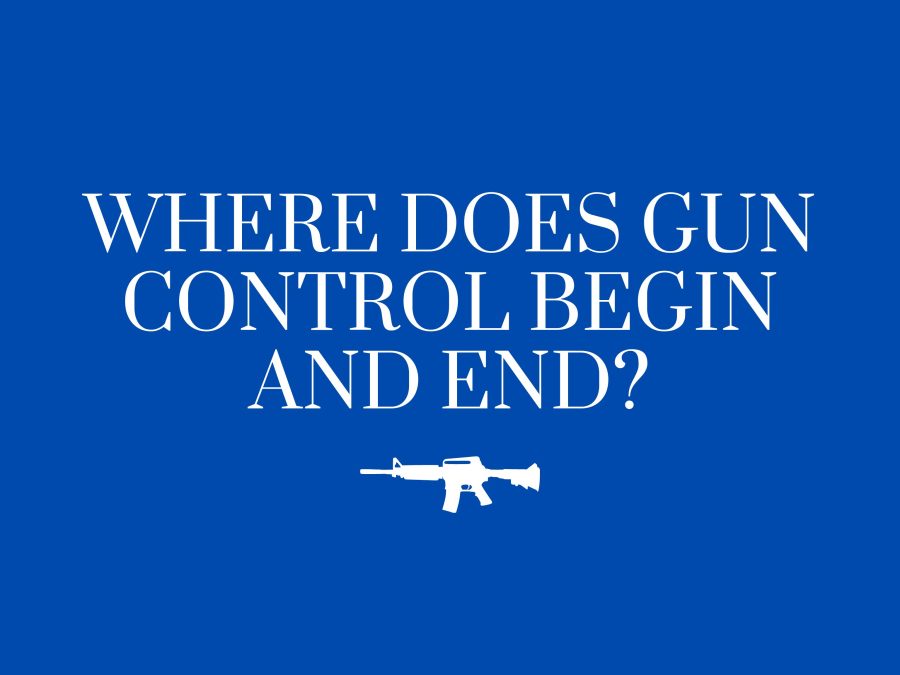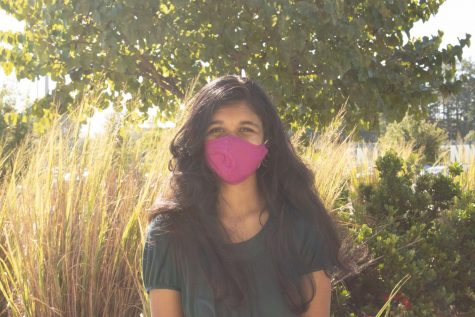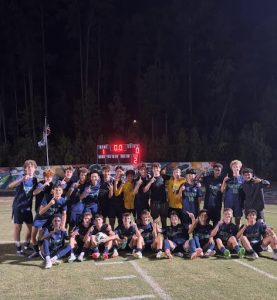A Sacramento Shooting Reignites the Gun Control Debate
April 8, 2022
On early Sunday, April 3rd, a shooting in the entertainment area of downtown Sacramento left six people dead and at least 12 others injured.
So far, it’s been confirmed that gunfire started around 2 a.m., occurring just as people exited closing bars and clubs. While there has been a video on social media capturing a brawl between people on the street at the time, closely followed by gunshots, police spokesman Zachary Eaton stated, “We don’t know if that fight actually led to the shooting. We are still working through all those details right now.”
According to police, at least two gunmen are on the run. As of Wednesday, April 5th, three suspects have been arrested, the most recent one of which was “a man who was seen carrying a gun in the immediate aftermath of the shooting” according to Sacramento officer Daviyonne Dawson. Dandrae and Smiley Martin, brothers, were the first and second suspects taken into custody.
The mass shooting is one of almost 120 in 2022 so far, raising concern and fear about gun control. In a statement on Sunday, President Joe Biden urged Congress to implement gun reforms, including a ban on privately manufactured “ghost guns”, which people can put together themselves and therefore make them untraceable by the government.
“Today, America once again mourns for another community devastated by gun violence,” said Biden about the Sacramento shooting. “But we must do more than mourn; we must act.”
The explicit worry surrounding the Sacramento shooting also stems from the fact that California has some of the toughest gun control laws in the country: 107, according to the State Firearm Laws project at Boston University. “The scale of violence that just happened in our city is unprecedented during my 27 years here,” Sacramento police chief Kathy Lester stated at a Sunday press briefing.
“Gun control” refers to the legal measures or set of laws that regulate the manufacturing, possession, trade, etc. of firearms by civilians, but the multitude of incidents in recent years raises questions about whether these restrictions are enough. President Biden himself has called upon Congress to “repeal gun manufacturers’ immunity from liability” for mass shootings, which only New York has passed laws for across the country, allowing victims the ability to sue manufacturers in the event of a shooting.
Many wonder if this is the course of action that needs to be taken everywhere else as well. In just the last year, several school shootings have taken place, such as the tragic Oxford High School shooting, not to mention the gun threats made to nearby schools like Green Hope High School.
If California, a state that was ranked number 1 by Giffords Law Center to Prevent Gun Violence on its annual gun law scorecard, faces these atrocities just weeks after four people were killed at a church in Sacramento County, then what does it mean for the rest of the country?
“It really is scary,” says Smarana Donthireddi, a freshman at Green Level, when asked about the mass shooting in Sacramento in the context of gun control. Smarana had been affected by the consequences of gun control, or lack thereof, in the past, having been at The Streets at Southpoint mall on Black Friday last year when gunfire broke out. “I never thought I’d hear a gunshot, only about them—which makes it more frightening that firearm laws may not be restrictive enough.”







